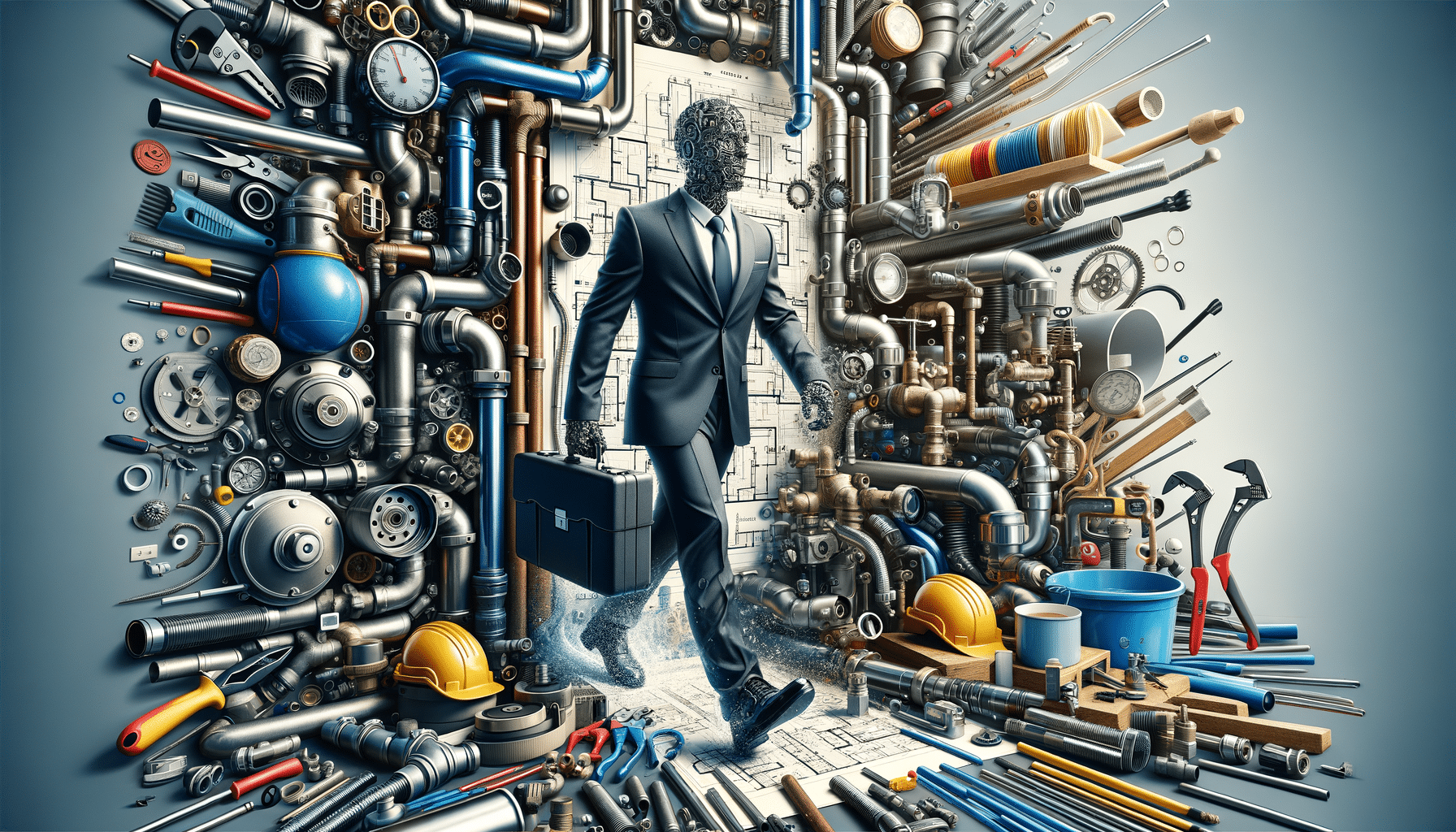
Discover Thrilling Career Paths in the Plumbing Industry Near You
The Importance of Plumbing in Modern Society
Plumbing is an essential component of modern infrastructure, providing the necessary systems for water supply and sanitation. Without plumbing, the convenience of clean water at the turn of a tap and the immediate disposal of waste would be impossible. The role of plumbing in public health cannot be overstated, as it helps prevent the spread of diseases by ensuring access to clean water and proper sanitation facilities. Moreover, plumbing contributes significantly to environmental sustainability through water conservation technologies and efficient waste management systems.
In addition to its health and environmental benefits, plumbing also plays a crucial role in economic development. The industry creates numerous job opportunities and drives innovation in building technologies. As urbanization continues to grow, the demand for skilled plumbers increases, making it a stable and rewarding career choice. Plumbing professionals are vital in maintaining the infrastructure that supports our daily lives, from residential homes to commercial buildings and public facilities.
Exploring Career Opportunities in Plumbing
The plumbing industry offers a wide range of career paths, each with its unique challenges and rewards. For those interested in hands-on work, becoming a plumber or plumbing technician is a popular choice. These professionals are responsible for installing, repairing, and maintaining plumbing systems in various settings. They work with a variety of materials and tools, requiring a strong understanding of building codes and safety regulations.
For individuals interested in design and planning, a career as a plumbing engineer might be appealing. Plumbing engineers design complex piping systems for buildings, ensuring they meet both functional and regulatory requirements. This role often involves collaboration with architects and other engineers to integrate plumbing systems seamlessly into building designs.
Additionally, the plumbing industry offers opportunities in sales, management, and entrepreneurship. Plumbing supply companies need knowledgeable sales representatives to assist customers in selecting the right products. Experienced plumbers may choose to start their own businesses, offering services to residential and commercial clients. This entrepreneurial path requires not only technical skills but also business acumen and customer service expertise.
The Path to Becoming a Professional Plumber
Becoming a professional plumber typically involves a combination of education, training, and certification. Many aspiring plumbers begin their careers through apprenticeships, which provide on-the-job training under the supervision of experienced professionals. Apprenticeships usually last four to five years and cover a broad range of plumbing skills, from basic installations to advanced system diagnostics.
In addition to hands-on training, aspiring plumbers often attend technical schools or community colleges to gain foundational knowledge in plumbing systems, mathematics, and safety protocols. These educational programs complement apprenticeship training and prepare students for licensing exams.
Licensing requirements for plumbers vary by region but generally include passing a comprehensive exam that tests knowledge of plumbing codes and practices. Once licensed, plumbers must stay current with industry developments and continue their education to maintain their certification. This ongoing learning ensures that plumbers can adapt to new technologies and methods, providing high-quality services to their clients.
Innovations and Trends in the Plumbing Industry
The plumbing industry is continually evolving, driven by technological advancements and changing consumer demands. One of the most significant trends is the increasing focus on sustainability and water conservation. Plumbing manufacturers are developing innovative products, such as low-flow fixtures and smart water management systems, to reduce water usage and promote environmental responsibility.
Another trend is the integration of digital technology into plumbing systems. Smart plumbing solutions allow homeowners to monitor water usage, detect leaks, and control systems remotely via mobile apps. These technologies not only enhance convenience but also help prevent costly water damage and reduce utility bills.
The industry is also seeing a shift towards modular construction and prefabrication. This approach involves assembling plumbing systems offsite and installing them as complete units, reducing construction time and costs. Prefabrication is particularly beneficial in large-scale projects, where efficiency and precision are paramount.
Challenges and Rewards of a Plumbing Career
Like any profession, a career in plumbing comes with its own set of challenges and rewards. One of the primary challenges is the physical nature of the work, which often requires strength, dexterity, and endurance. Plumbers must be comfortable working in various environments, from cramped spaces to outdoor sites, sometimes in adverse weather conditions.
Despite these challenges, plumbing offers numerous rewards, both financially and personally. Plumbers typically earn competitive wages, with opportunities for overtime and advancement. The demand for skilled plumbers ensures job security and the potential for career growth. Additionally, plumbers often experience a sense of satisfaction from solving complex problems and contributing to the well-being of their communities.
For those who enjoy working with their hands, troubleshooting issues, and making a tangible impact on people’s lives, plumbing can be a highly fulfilling career. The industry also provides opportunities for continuous learning and specialization, allowing professionals to tailor their careers to their interests and strengths.


